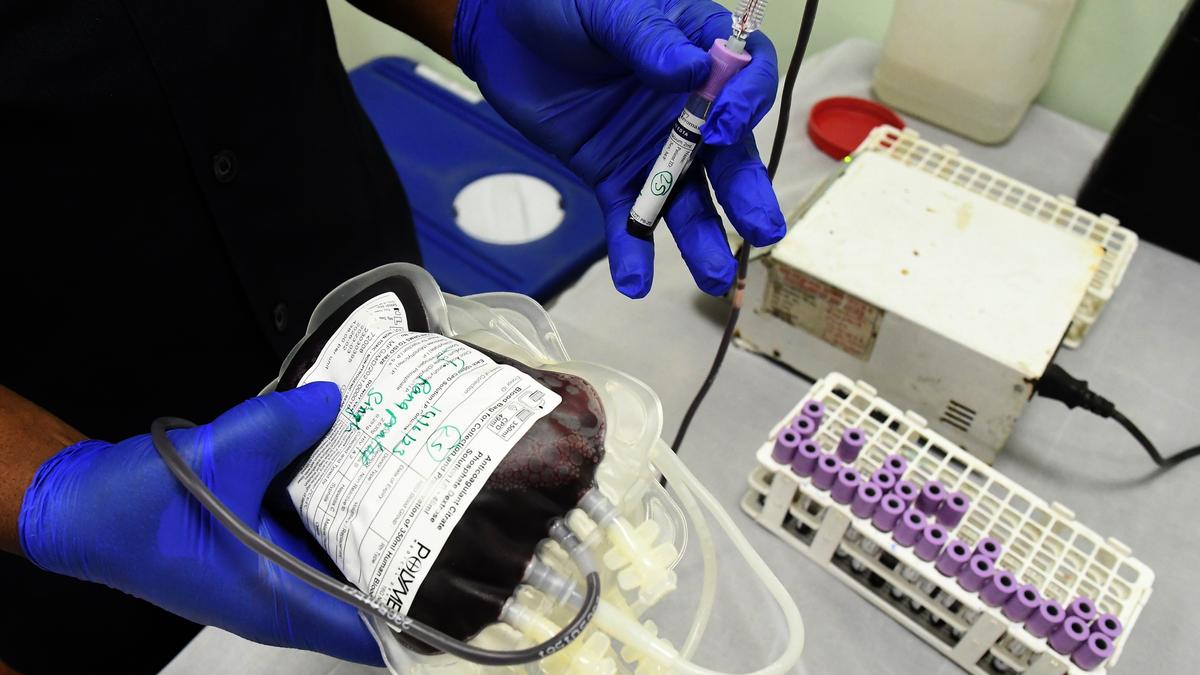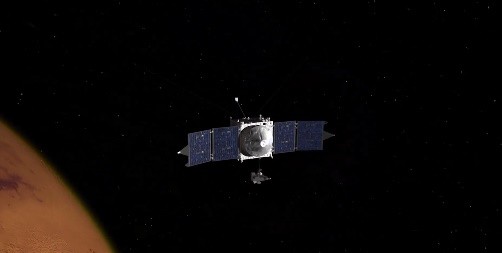



France's national blood agency has identified the world's rarest blood type, Gwada negative (EMM-negative), in a woman from Guadeloupe. Lacking a common antigen, she is her own only compatible donor. This discovery, the 48th blood group system, highlights the importance of advanced genetic screening for transfusion safety and managing rare blood needs.

Copyright infringement not intended
Picture Courtesy: THE HINDU
The newly identified EMM-negative blood type, known as "Gwada negative," is the rarest blood type ever recorded, with only one known individual possessing it as of June 2025.
"Gwada negative" is the informal name for the newly classified EMM-negative blood group system, officially registered by the International Society of Blood Transfusion (ISBT) as ISBT042. It is the 48th globally recognized blood group system.
It is defined by "the absence of the EMM antigen, which is normally found on red blood cells and is considered a high-incidence antigen." High-incidence antigens are present in nearly all humans.
The anomaly was first noticed in 2011 during routine blood tests for a 54-year-old woman from Guadeloupe living in Paris. The technology to fully analyze it wasn't available until 2019, when researchers used high-throughput DNA sequencing (next-generation sequencing or NGS) to uncover the unique genetic mutation.
For a blood group to be considered a new system, it must be "genetically determined, inherited, identifiable via serological or molecular techniques, and have an associated antibody -- criteria that EMM-negative meets.
The unique rarity stems from the individual inheriting "the mutated gene from both her mother and her father, each of whom likely carried a single copy of the rare gene variant." This dual inheritance resulted in a complete lack of the EMM antigen.
The defining characteristic of Gwada negative is that the woman is "compatible only with herself," meaning "no currently identified donor could safely give her blood in the event of a transfusion."
Individuals lacking common red blood cell antigens can produce alloantibodies against them. If such individuals receive blood containing the antigen they lack, their immune system may recognize it as foreign, potentially leading to "dangerous transfusion reactions, including hemolysis --premature destruction or breakdown of red blood cells.
|
Alloantibody => An antibody produced by an individual in response to foreign antigens from another individual of the same species. In transfusion medicine, these are often formed against non-self red blood cell antigens. |
Source:
|
PRACTICE QUESTION Q. Which of the following is not a function of blood? A) Transportation of metabolic waste products like urea to the kidneys. B) Regulation of body temperature through vasodilation and vasoconstriction. C) Defense against pathogens via leukocytes and antibodies. D) Production of hormones such as insulin and glucagon. Answer: D Explanation: Blood has three main functions: transportation, regulation, and protection. Blood transports hormones, but it does not produce them. |






© 2026 iasgyan. All right reserved